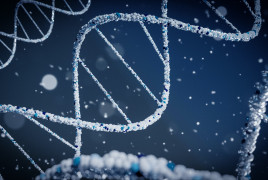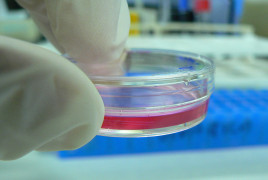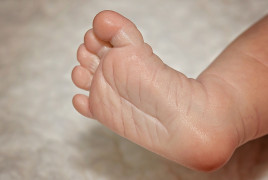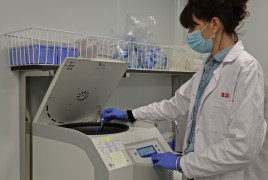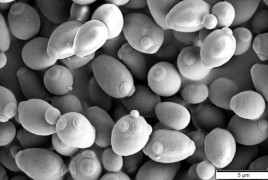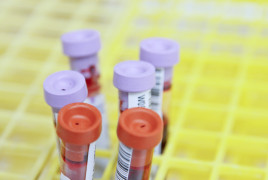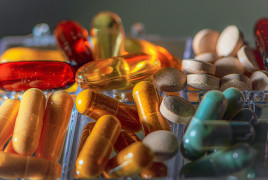An educational guide to building your online patient registry
One of the main challenges when researching rare diseases is there is not enough available information about how the condition affects patients. This is mainly because there are not enough patientsEarly treatment of BCKDK deficiency significantly improves its symptoms
Branched-chain ketoacid dehydrogenase kinase deficiency, or BCKDK deficiency, is caused by a mutation in this enzyme. This mutation results in a lower production of biomolecules known as branchedHealth emigration in rare diseases: what do we know?
In some countries, treatments for rare diseases are not available for the general population, so families often choose to emigrate to have access to adequate therapies. Unfortunately, there is veryA patient-turned-researcher advocates for transparent science in rare disease research
Richard Rui Yang is a Hong Kong-based researcher affected by Bietti crystalline dystrophy (BCD), a rare retinal degeneration disease characterised by small sparkling crystalline deposits in theSmart Tech: Improving the lives of millions living with a long-term disease
Chronic diseases present a significant challenge to the European Union, costing over €700 billion annually and affecting one third of all adults. Furthermore, each year over 4 million people pass awayA functional study helps describe a new severe metabolic syndrome caused by Coenzyme A deficiency
The Journal Inherited Metabolic Disease has published a study from the Spanish Network Research Centre for Rare Diseases (CIBERER) describing a new inborn error of metabolism generated by a failure inBiomarkers as key players in drug development
A biological marker or biomarker is a molecule or parameter that can measure a state of health or disease. It can be used to detect a disease, a physiological change, a response to a treatment or a
